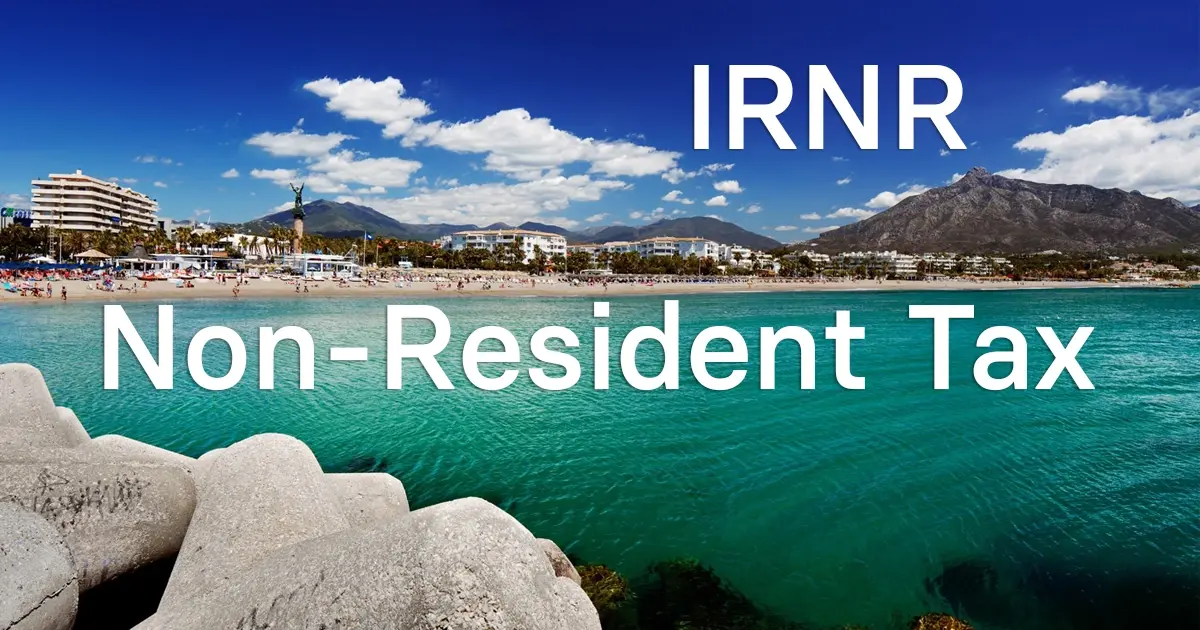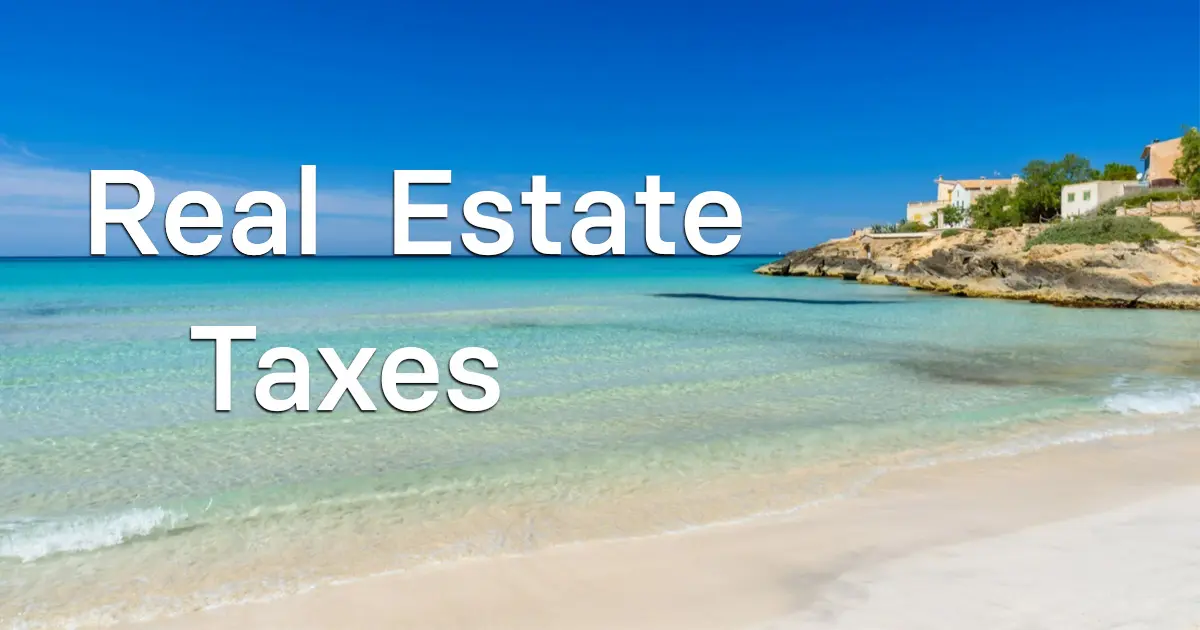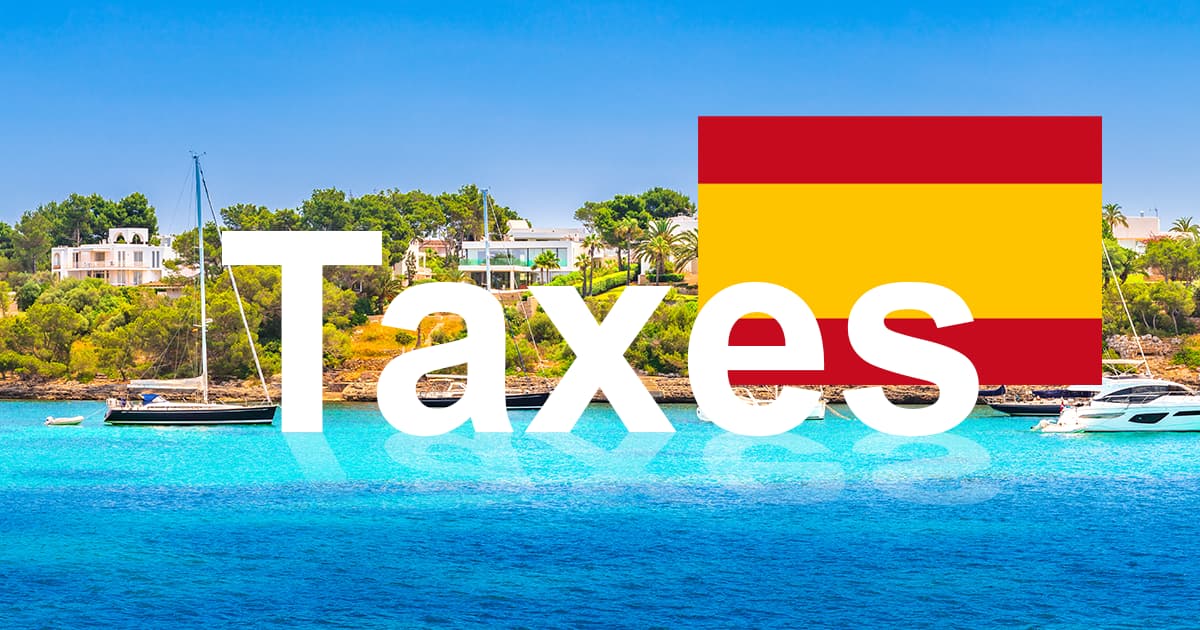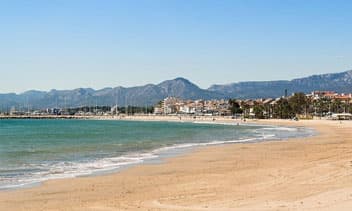Financing & Taxes
The Plusvalía Municipal (officially known as IIVTNU) is a local tax in Spain applied when urban property is transferred through sale, inheritance, or donation. It is based on the increase in the value of the land (not the building) during the period...
Selling property in Spain triggers two capital gains taxes: the national CGT (IRPF for residents, IRNR for non-residents) and the municipal Plusvalía tax. The national tax is based on the difference between purchase and sale price, with rates from 19...
The IRNR (Non-Resident Income Tax) applies to anyone who owns property in Spain but is not a tax resident. It must be paid annually — even if the property is not rented out. For non-rented homes, tax is calculated on a deemed income based on the...
The IBI (Impuesto sobre Bienes Inmuebles) is an annual municipal property tax in Spain, based on the cadastral value — not the market price. All property owners, residents and non-residents alike, must pay it. Rates typically range from 0.4% to 1.1%...
Tax differences between Spain’s regions can significantly impact your total purchase cost. For example, Madrid applies a reduced 6% ITP on resale properties and 0.75% AJD on new builds, making it one of the most affordable regions for buyers. In...
Many foreign buyers are surprised to learn that the purchase price is only part of the story when buying real estate in Spain. Depending on the region and type of property, additional taxes and fees can add 11% to 15% to your total cost. Resale homes...
Looking for the best bank in Spain as an expat or non-resident? Here’s a quick breakdown: Best for Fee-Free Banking: BBVA, N26, Revolut – No monthly fees, great digital banking. Best for Expats & Services: Sabadell, CaixaBank (HolaBank)...
Spain has long been a top destination for foreign property buyers. Its sunny weather, vibrant culture, and affordable living costs make it an attractive option for second homes, investment properties, or permanent relocation. For non-residents...











